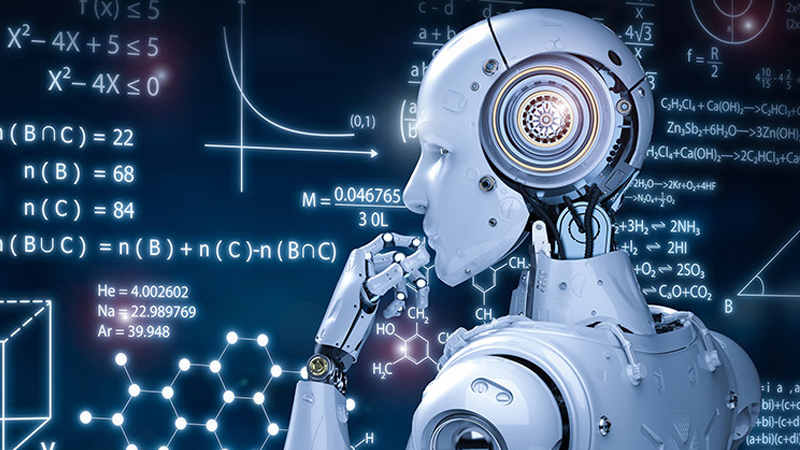The Managing Director of the IMF (International Monetary Fund), Kristalina Georgieva, estimates that artificial intelligence (AI) will affect around 40% of jobs worldwide: “Countries with advanced economies face greater risks from AI, but they also have more opportunities to capitalize on its benefits compared to emerging and developing economies,» Georgieva wrote in a blog post on Sunday, citing recent IMF analysis on the subject. This is due to «the ability of AI to affect jobs with high skill requirements,» Georgieva said.
In advanced economies, about 60% of jobs could be affected by AI, she added: “About half of jobs could benefit from AI integration, increasing productivity. For the other half, AI applications could perform key tasks that humans currently perform, which could lead to lower labor demand, lower wages and a decline in employment,» he said. wrote Georgieva. «In the most extreme cases, some of these jobs could disappear,» she added.
In comparison, Georgieva expects emerging markets and developing economies to «face less immediate disruption from AI.» However, according to Business Insider , Georgieva urged governments to protect themselves against the potential inequalities and social tensions that AI could bring. She also called for countries to implement «comprehensive social safety nets and provide retraining programs for vulnerable workers.»
The IMF is not the only institution to warn about AI. In March Goldman Sachs said in a report that AI could disrupt more than 300 million jobs. LinkedIn Vice President Annesh Raman said in a podcast interview in November that AI will reduce the value of technical skills, making soft skills more important: «The lifespan of a degree goes down very dramatically,» Raman told host Molly Wood Microsoft’s «Worklab» podcast.

